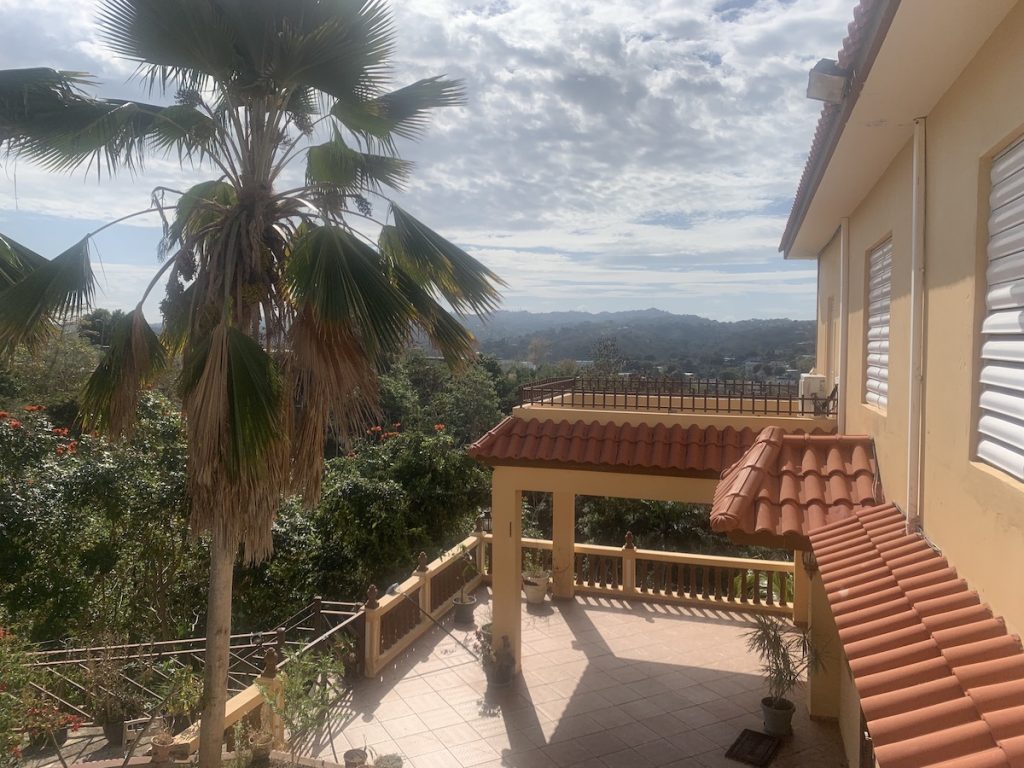Airbnb Warns a Puerto Rico Bill Would Essentially Ban Short-Term Rentals
Pending legislation in Puerto Rico would limit the use of short-term rentals in residential areas to 30 percent of the property, a move that an Airbnb official characterized as a "defacto prohibition."

"Thousands of properties in Puerto Rico could be deleted or eliminated, which provide this service, which welcome millions of visitors to Puerto Rico, who have been part of the success of Puerto Rican tourism," Carlos Muñoz , Airbnb's director of public policy and communications for Central America and the Caribbean told Elnuevodia.com.
House bill 1557, which was introduced in November, would require hosts who seek to use more than 30 percent of their space for short-term rentals to apply for a permit to change the designated use from residential to commercial.
The legislation is geared to thwart short-term rentals' sometimes-disruptive impact on neighborhoods, including house parties, affordable housing shortages, and escalating rents.
Muñoz claimed that Airbnb's footprint in Puerto Rico represented about 1 percent of the housing stock, the story said. However, short-term rentals made up more than half the available housing in cities such as San Juan, Cataño and Aguadilla, and around one-third in other popular tourism areas in 2022, according to Abexus Analytics, the story said.
Airbnb was a key factor in driving Puerto Rico's tourism recovery.
However, the Center for a New Economy recently conducted a study on the impact of short-term rentals in Puerto Rico after Hurricane Maria. The study found that a 10 percent increase in short-term rental density in relation to the total number of housing units, led to a 7 percent increase in median rents and a 23 percent jump in housing unit prices.





